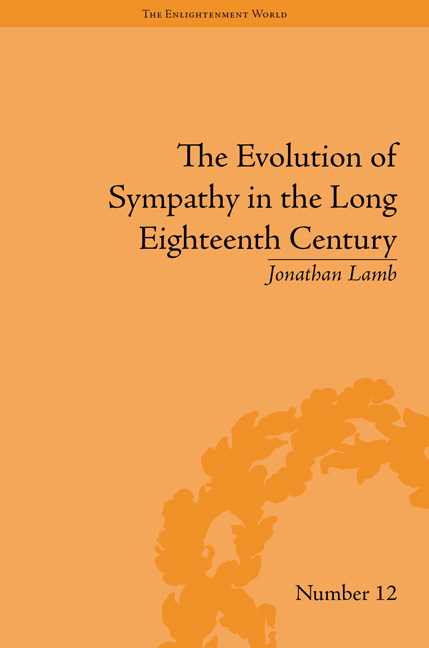4 - Horrid Sympathy
Summary
The contemplation of the infirm and lonely steed overcame him. Jostled, but obstinate, he would remain there, trying to express the view newly opened to his sympathies of the human and equine misery in close association. But it was very difficult. ‘Poor brute, poor people!’ was all he could repeat. It did not seem forcible enough, and he came to a stop with an angry splutter. ‘Shame!’ Stevie was no master of phrases, and perhaps for this very reason his thoughts lacked clearness and precision. But he felt with greater completeness and some profundity. That little word contained all his sense of indignation and horror at one sort of wretchedness having to feed upon the anguish of the other.
It is evident that there is a sliding scale of sympathy. Relative to the reality and consistency of the self, sympathy is easily measured: it is weak in proportion as the self is strong and undivided, and extensive in proportion as the self is phantasmal or ill-conditioned. Crevecoeur noticed that the American settling the frontier had not much use for it: ‘He demands full price for his grain, and prompt payment of debt for he has never seen objects that required the benefits of his simpathy’. We have seen that Descartes has a low opinion of pity and no concept of sympathy outside the internal operation of the mind that results in enlarged self-esteem. Hume on the other hand invests nothing in the wholeness of the self, and treats sympathy as a universal principle, like gravitation, under whose influence humans, animals and things are carried on tides of feeling into new relations with one another. Descartes exemplifies for Hume life lived as a fiction, and Hume, had Descartes known him, would have represented for him an equally unreal existence. The nature of Hume's universal principle is what concerns us now, since he makes clear that it embraces all sentient beings, not just humans. Hume anticipates Darwin's conclusion that the expression of emotion confirms that ‘man is derived from some lower animal form’. He is not alone in believing that creatures with the same central nervous system feel, and express the feelings, as we do; leaving no reason to suppose that we are not capable of sympathizing with them, or they with us.
- Type
- Chapter
- Information
- The Evolution of Sympathy in the Long Eighteenth Century , pp. 105 - 128Publisher: Pickering & ChattoFirst published in: 2014



